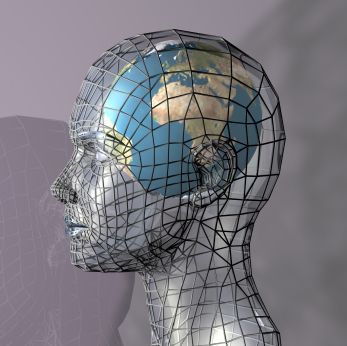Is bias the new buzz? Yes and no. There has been a major push to rid individuals, workplaces, schools and everywhere else of bias. Conversations, articles, and media discussions abound with accusations and denials. However, implicit, unconscious, and conscious bias are not new, just like discrimination, exclusion and prejudice are not new.
Taking a class in unconscious bias, reading books or learning about bias don’t immediately create change, nor are they the answer to all the conflicts, inequality and fear that exists. However, understanding the bias process, being aware of our own biases, and taking steps to mitigate them are all essential to inclusion, equality, and leveraging diversity for success.
Whether we like it or not, everyone has bias. As much as many of us want to think of ourselves as unbiased, we are products of our personal history, messages we’ve received growing up from people around us, the media, peers and people in authority. We’ve also learned to interpret events based on our experiences and individual perspectives. Because we are often unaware that we are being biased, we don’t question our beliefs, assumptions or actions we take as a result.
Based on our biases we make assumptions, which result in actions, which can lead to exclusion, discrimination or avoidance.
We are constantly bombarded by information and the job of our brain is to interpret and make sense of that information, and them determine what to do with it.
There is a filter- the reticular activating system that helps us decide what is relevant and important and what we need to pay attention to. It filters out information that is unimportant, non=threatening and not in our perceived reality. This filter guides us in how we live our life and what we react to.
However, what is important to one me may not be important you. What I consider threatening and stressful my not be threatening and stressful to you.


Recent Comments